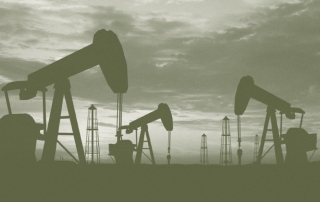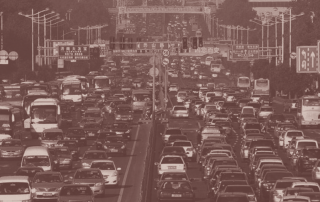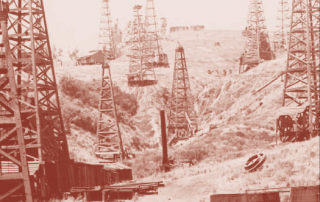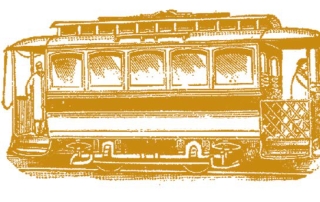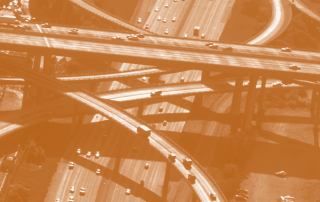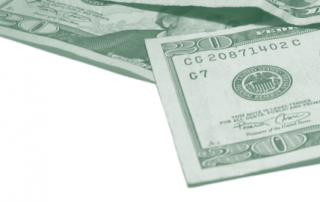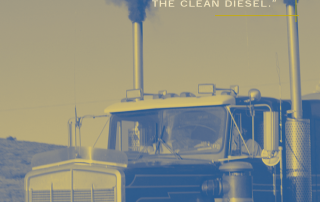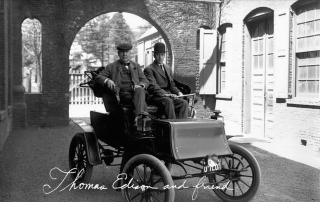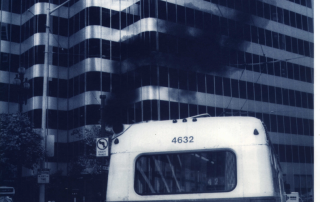An Innovative Path to Sustainable Transportation
Daniel Sperling
Contrary to popular belief, the world is awash in fossil energy, much of which can be readily converted into fuels for our cars, trucks, and planes. We are not running out of fossil fuels.
The abundance of fossil fuels means we are unlikely to see high fuel prices due to scarcity. Indeed, most analysts predict that future oil prices will not be much higher than today’s, apart from occasional peaks due, for example, to conflicts in the Middle East. Prices might even end up lower as new exploration and extraction technologies for shale oil, heavy oils, deep-sea oil, and oil sands make it cheaper and easier to extract fossil energy. Thus, we cannot depend on high oil prices to reduce transport energy use and greenhouse gas (GHG) emissions.

